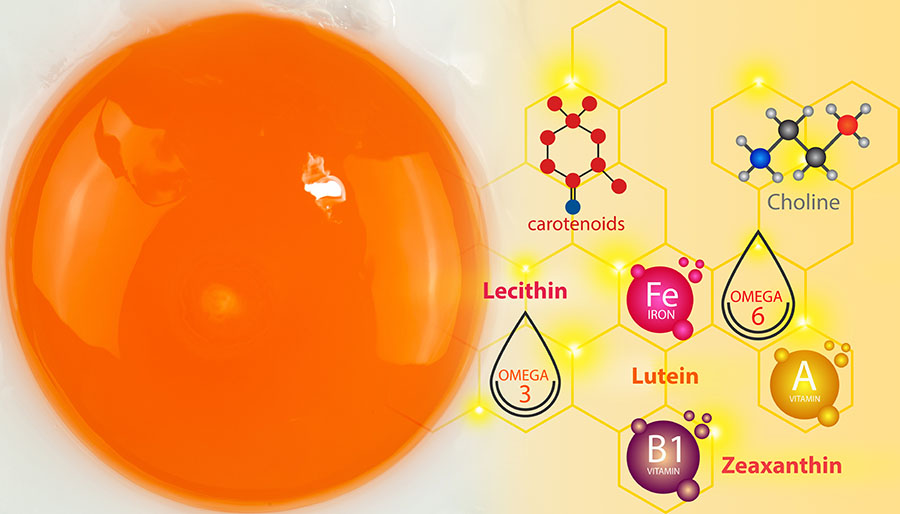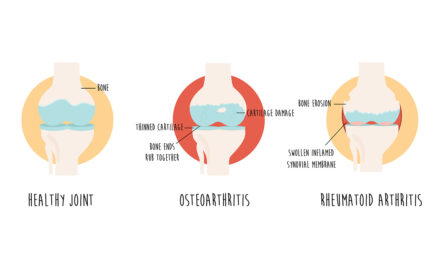BENEFITS OF LECITHIN
Lecithin, the most abundant among phospholipids, stands as a crucial fatty substance, providing structural support for every cell in the body. This indispensable component extends its influence as a fundamental building block for the human brain and nervous system, constituting 30% of the brain’s dry weight and 17% of the nervous system.
Beyond its role in neural structures, lecithin plays a significant part in the endocrine glands, heart muscles, and kidneys, contributing to 73% of the total fat in the liver. The delicate balance of lecithin levels can be disrupted by nervous, mental, or glandular overactivity, leading to symptoms such as irritability and exhaustion. In circumstances where the body’s natural lecithin production diminishes, such as in aging or during periods of heightened stress, it becomes paramount to supplement the diet with lecithin to maintain optimal function.
Rich Sources
Lecithin finds its etymological roots in the Greek word “likithos,” signifying egg yolk. Notably, egg yolk serves as a potent reservoir of lecithin, albeit accompanied by cholesterol. This unique pairing allows lecithin to effectively emulsify cholesterol. Beyond eggs, other abundant sources of lecithin encompass vegetable oils, whole grain cereals, soybeans, liver, and milk. Importantly, the body’s cells can synthesize lecithin as required, contingent upon the presence of several B vitamins.
However, the widespread refinement of grains often results in the removal of these essential B vitamins. Consequently, individuals who predominantly consume refined white flour products may find themselves deficient in these crucial nutrients.
Benefits
Lecithin’s pivotal impact on heart health stands out as its most significant proven benefit, initially catapulting its popularity. Cholesterol, a fatty substance prone to accumulating in artery and vein walls, poses the risk of fatal blood clots. Scientific studies underscore lecithin’s ability to break down cholesterol into manageable particles, preventing its buildup in the cardiovascular system.
Lecithin, akin to cholesterol, is continually produced in the liver, traverses the intestine with bile, and enters the bloodstream. It facilitates fat transportation, aids cells in eliminating fats and cholesterol, and enhances the production of bile acids, subsequently reducing blood cholesterol levels. Notably, atherosclerosis, marked by increased blood cholesterol and decreased lecithin, has been prevented in experimental heart disease through lecithin supplementation.
In normal health, a high-fat diet triggers a substantial increase in lecithin production, converting larger fat particles into smaller ones. However, atherosclerosis disrupts this process, keeping lecithin levels low in the blood, hindering the passage of fat particles through arterial walls, potentially leading to severe complications if lecithin is lacking in cells.
Beyond lowering blood cholesterol, lecithin exhibits various benefits supported by scientific evidence. It aids in cell and organ rebuilding, maintaining their health and potentially retarding the aging process. Notably, its timely consumption by older individuals before fatty meals can normalize blood fat levels.
Lecithin’s cosmetic effects extend to eliminating skin plaques caused by fatty deposits, acting as a natural tranquilizer for nervous exhaustion, enhancing alertness in the elderly, and increasing gamma globulin in the blood to bolster immunity against infections. Additionally, it shows promise in lowering blood pressure, collaborating with vitamin E to reduce insulin requirements in diabetics, and treating skin ailments like acne, eczema, and psoriasis.
Lecithin’s historical use as a sexual aid, particularly in addressing glandular exhaustion and mental disorders, has been noted. Its presence in seminal fluid underscores its importance for men, and its use is considered valuable for minimizing pre-menstrual and menopausal tension.
Renowned physician Dr. N.A. Ferri emphasizes lecithin’s versatile role in digestion, oxidation of fats, and its essentiality for tissue integrity in the nervous and glandular systems. Shattered nerves, depleted brain power, and waning glandular activity find renewal in lecithin as a source of dynamic energy.
To boost lecithin intake, maintaining the usual fat levels while reducing animal fats (excluding fish) is recommended. Using oil for cooking, seasoning, and salads is advisable, while avoiding hydrogenated fats like margarines, cooking fats, hydrogenated peanut butter, and processed cheese, along with foods prepared with them.
Source: Health Library (archives)



















